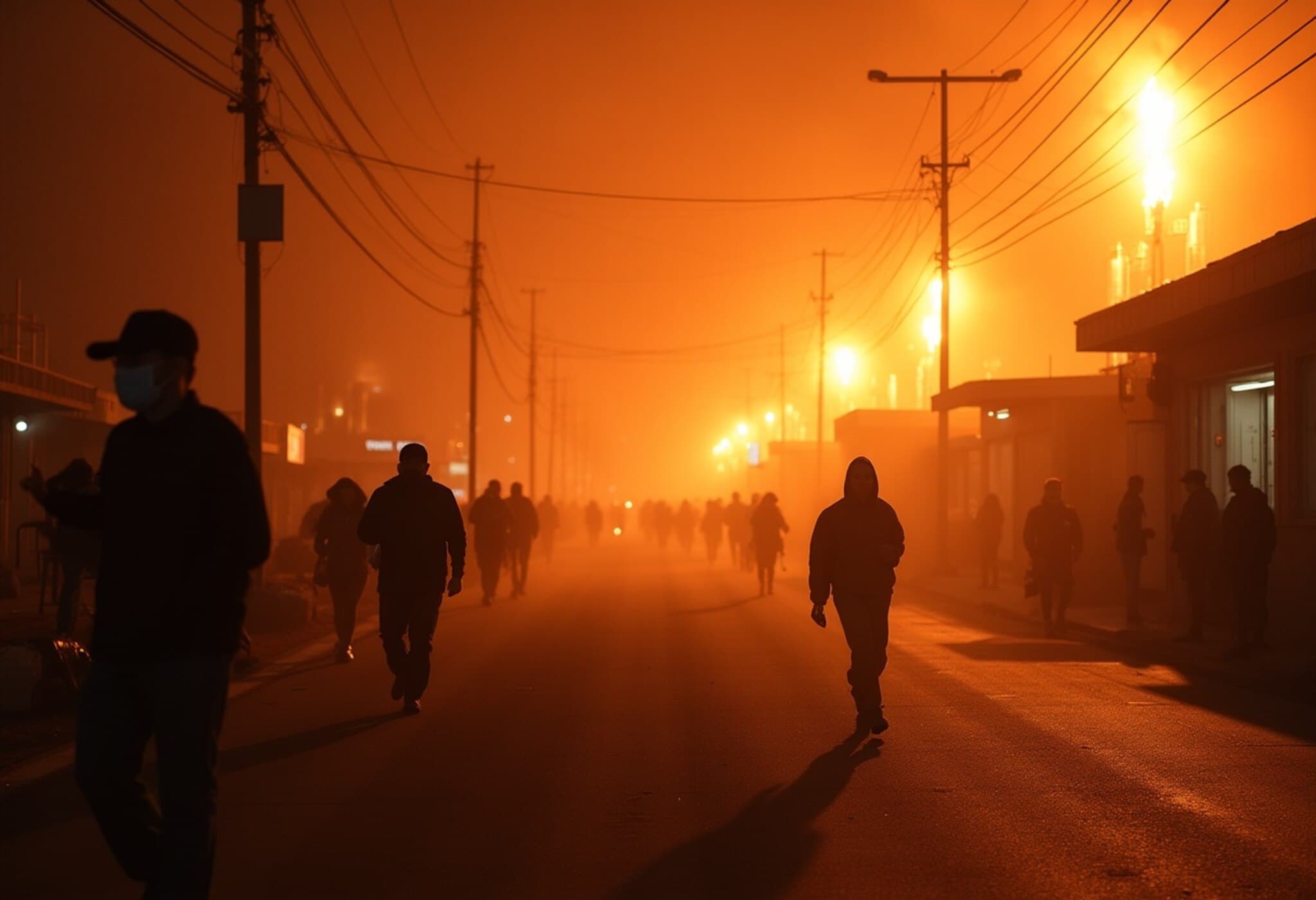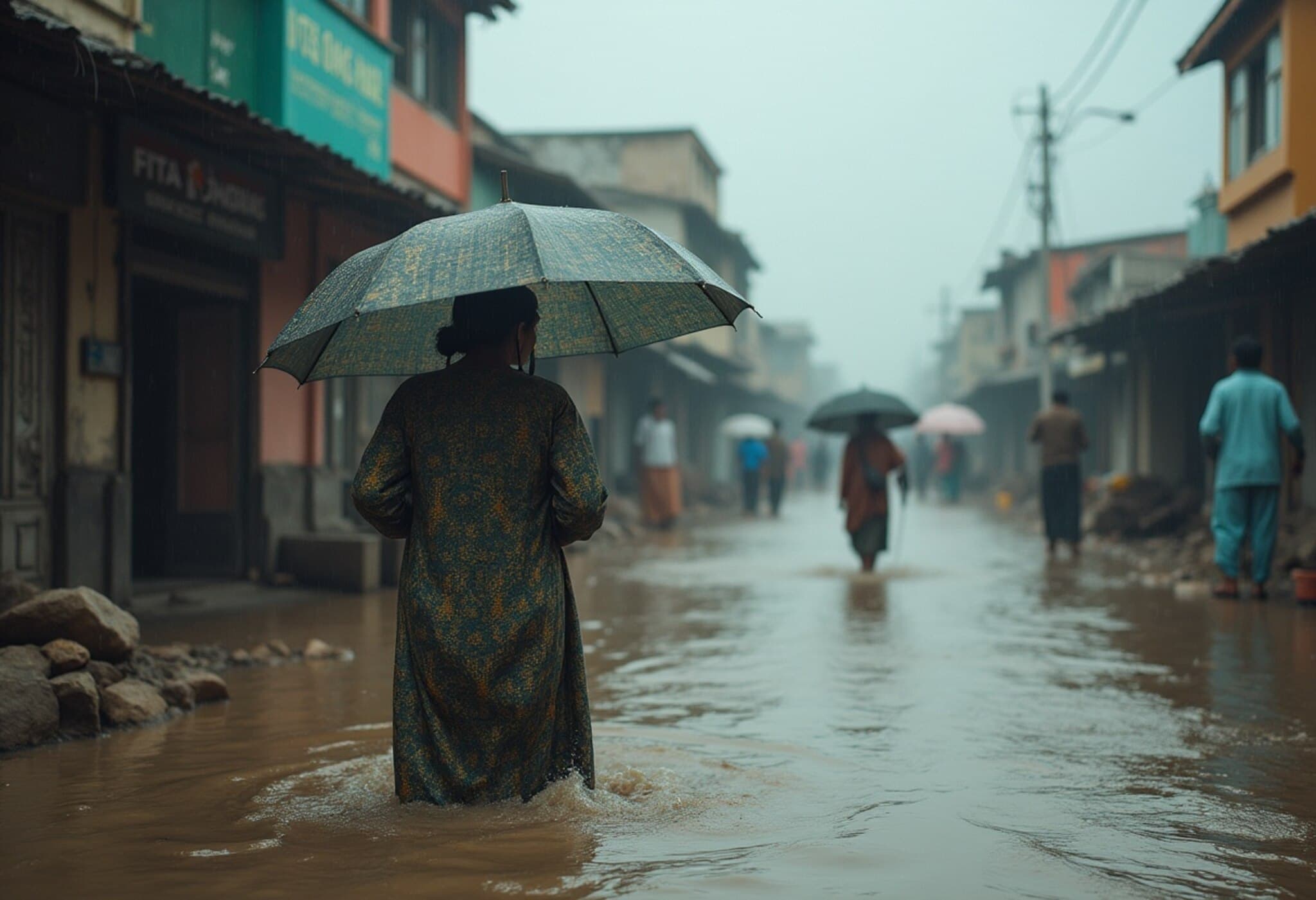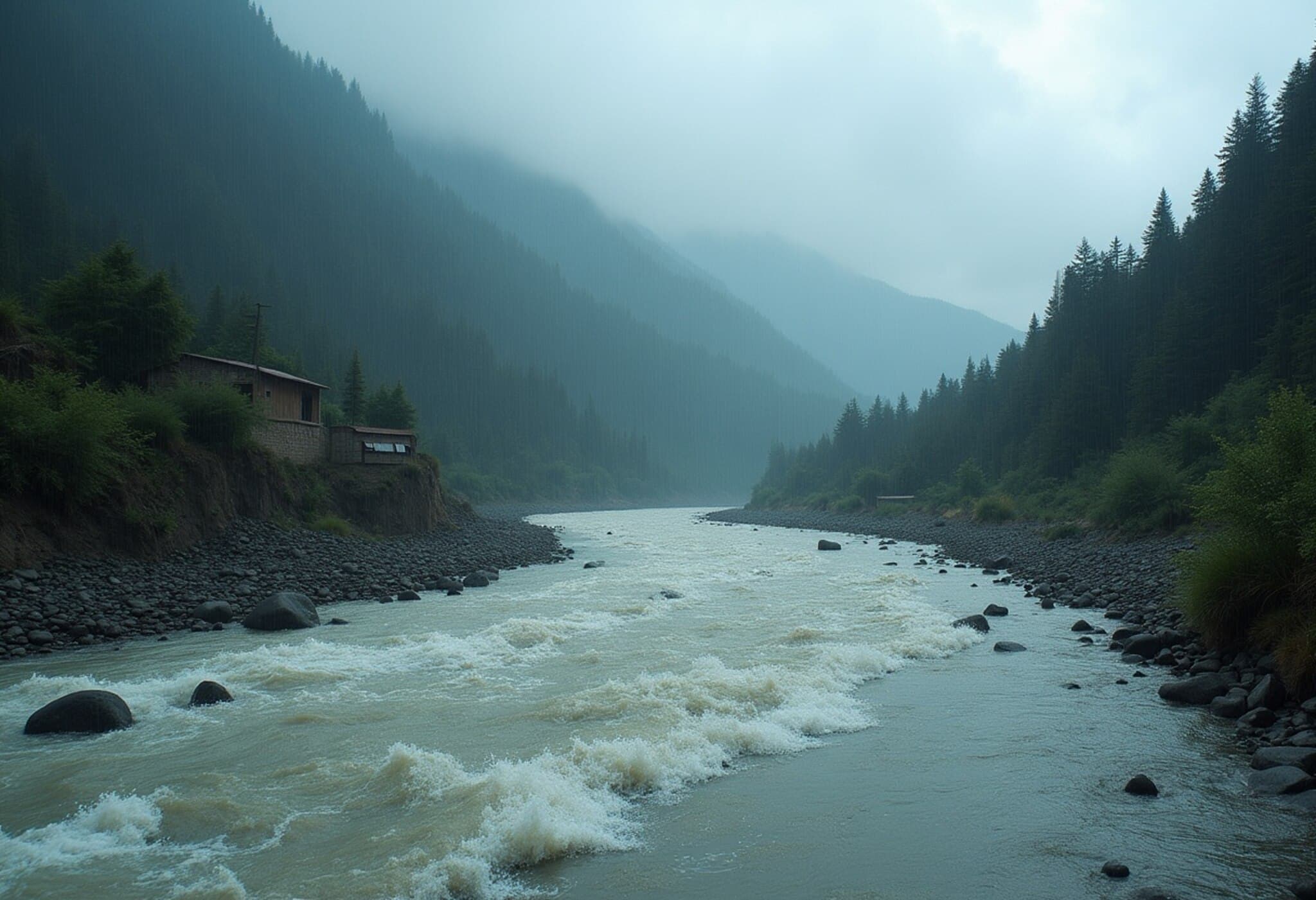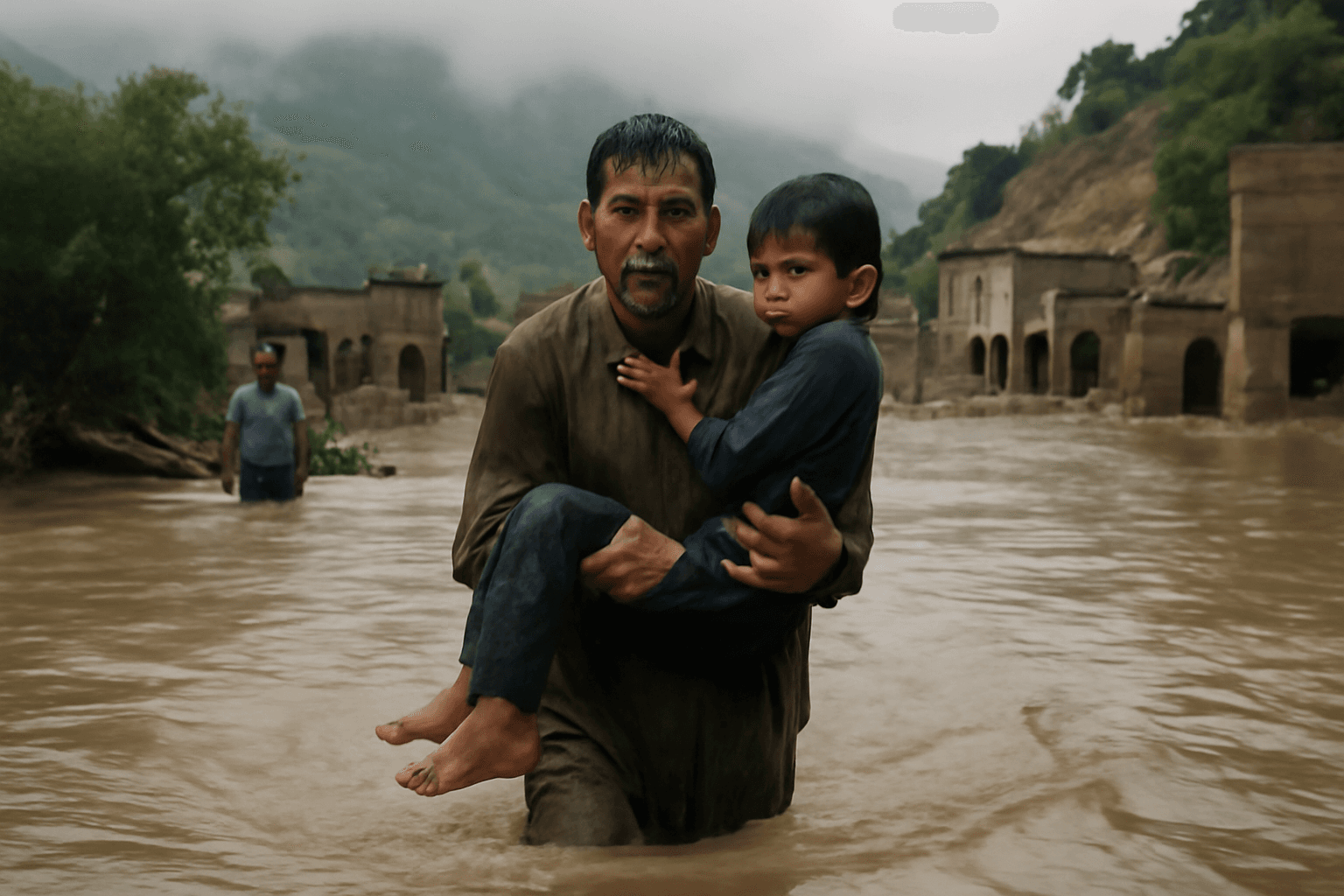Greece Temporarily Closes the Acropolis Due to Soaring Temperatures
As Europe battles an unprecedented heatwave, Greece has taken the notable step of closing one of its most iconic landmarks, the Acropolis in Athens, to protect both visitors and workers from dangerously high temperatures. The Culture Ministry’s archaeological service announced that the site would remain closed on Tuesday afternoon from 1 p.m. to 5 p.m. local time (10 a.m. to 2 p.m. GMT), reflecting the severity of the ongoing heat crisis.
Heatwave Brings Work Restrictions and Fines Across Greece
The closure of the Acropolis is part of wider government measures to safeguard public health and prevent wildfires amid soaring temperatures exceeding 40 degrees Celsius (104 degrees Fahrenheit) in many regions. These restrictions, which started on Monday, primarily affect outdoor workers on islands and parts of central Greece.
Under the new rules, outdoor laborers must take mandatory breaks during peak heat hours. Employers who disregard these measures face hefty penalties, with fines set at 2,000 euros ($2,350) per worker for noncompliance.
Wildfire Risk Intensifies Across the Eastern Mainland
The government has issued warnings about a "very high" risk of wildfires in the eastern parts of the mainland, exacerbated by dry conditions and extreme heat. Experts in environmental and public safety sectors emphasize that such measures are critical to mitigate the increasing dangers linked to climate change in the Mediterranean region.
Contextualizing the European Heatwave Crisis
This heatwave is not isolated to Greece; it has enveloped much of Europe, prompting closures of other major tourist sites such as the Eiffel Tower in Paris and affecting millions. Scientists have repeatedly linked the increased frequency of such extreme weather patterns to global warming, pointing to a future where heatwaves of this magnitude become more commonplace and intense.
The Human and Economic Impact
- Tourist Experience: The Acropolis closure disrupts Athens’ tourism industry, a vital economic sector, especially during peak travel seasons.
- Worker Safety: Protecting outdoor laborers from heatstroke and dehydration is vital amidst rising temperatures—a reality shaping labor laws worldwide.
- Environmental Concerns: The heightened threat of wildfires endangers ecosystems, communities, and infrastructure, necessitating vigilant disaster preparedness and response.
Expert Insight
Dr. Eleni Papadopoulos, a climate policy analyst based in Athens, underscores that "these heat-related interruptions, while disruptive short term, are necessary adaptations in a warming world. Greece, as a country rich in historical heritage, must balance preservation with public health and worker rights in the face of climate emergencies." She advocates for more robust climate resilience strategies, including upgraded infrastructure and stricter emissions controls within the EU framework.
What This Means for Travelers and Locals
For travelers, these closures serve as a reminder to stay informed about local conditions and prepare accordingly, particularly in regions vulnerable to climate extremes. Meanwhile, locals face an evolving reality where heat stress and environmental hazards influence daily life and labor regulations.
Looking Ahead
With climate models forecasting hotter, drier summers for southern Europe, authorities across the region are expected to sharpen intervention policies and emergency responses. Greece’s proactive measures, including the rare decision to close a landmark such as the Acropolis, highlight both the urgency and complexity of adapting to these new climatic norms.
Editor’s Note
The closure of the Acropolis is more than a momentary inconvenience—it is a tangible signal of how climate change is forcing historic societies to rethink safety, preservation, and economic vitality. As heatwaves escalate, questions arise about how governments and communities can simultaneously protect their cultural treasures, human lives, and livelihoods. What long-term strategies will the Mediterranean adopt to withstand these intensifying challenges? How can sustainable tourism and labor policies evolve to ensure resilience in a warming world? These remain critical issues demanding collective attention.











